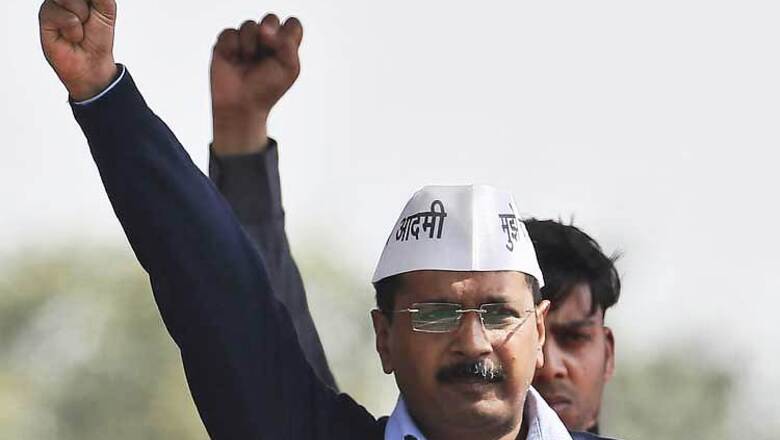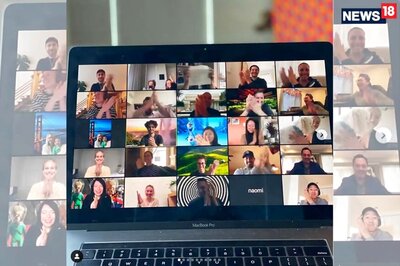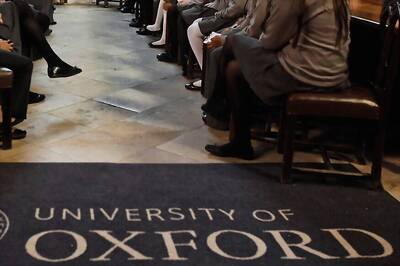
views
New Delhi: Delhi Chief Minister Arvind Kejriwal, on Thursday, advocated the need to have hundreds of 'toilet-to-tap' sewage treatment plants to meet the burgeoning water needs of the residents of the national capital, which he said could not be met by conventional methods.
Kejriwal also sought to break the stigma associated with treated sewage by drinking a glass of water offered to him by officials at Delhi's first such plant at Keshopur, a joint venture between Delhi Jal Board (DJB) and an NGO, which he inaugurated.
"Similar plants in every colony would do away with the need to have sewer pipelines and water pipelines to transport them to big plants. Water can be produced from raw sewage at the local level at small plants such as this," Kejriwal said
DJB and the NGO, Social Awareness Newer Alternatives (SANA) said the Chief Minister's example in expressing optimism that treated water from sewage would gradually gain acceptance.
AAP MLAs Adarsh Shastri, Jarnail Singh and Vandana Kumari, who were present on the occasion, plan to replicate the initiative at their constituencies.
Delhi Law Minister and DJB Chairman Kapil Mishra hailed Kejriwal for "leading from the front".
"Kejriwal is probably the only leader who has led from the front by drinking this water. This water would be made an option at the Delhi Secretariat," Mishra said.
In his brief speech, Kejriwal said around "50 per cent" of the city was still not covered by sewer pipelines whereas 20 per cent area was yet to be covered by drinking water pipelines.
"If we are to provide potable water and sewer pipelines in every locality we need Rs 25,000-30,000 crore. But this small plant can be solution to that," he said.
As per DJB this plant is powered by Solar Energy to ensure that the entire eco-system of the technology is environment friendly and sustainable.
SANA has installed a water purifying station which can produce around 4,000 litre of clean water in an hour. It can generate over 33,000 litres of water daily if powered only by Solar but up to 72,000 litres of water daily if powered by both Solar and electricity.


















Comments
0 comment